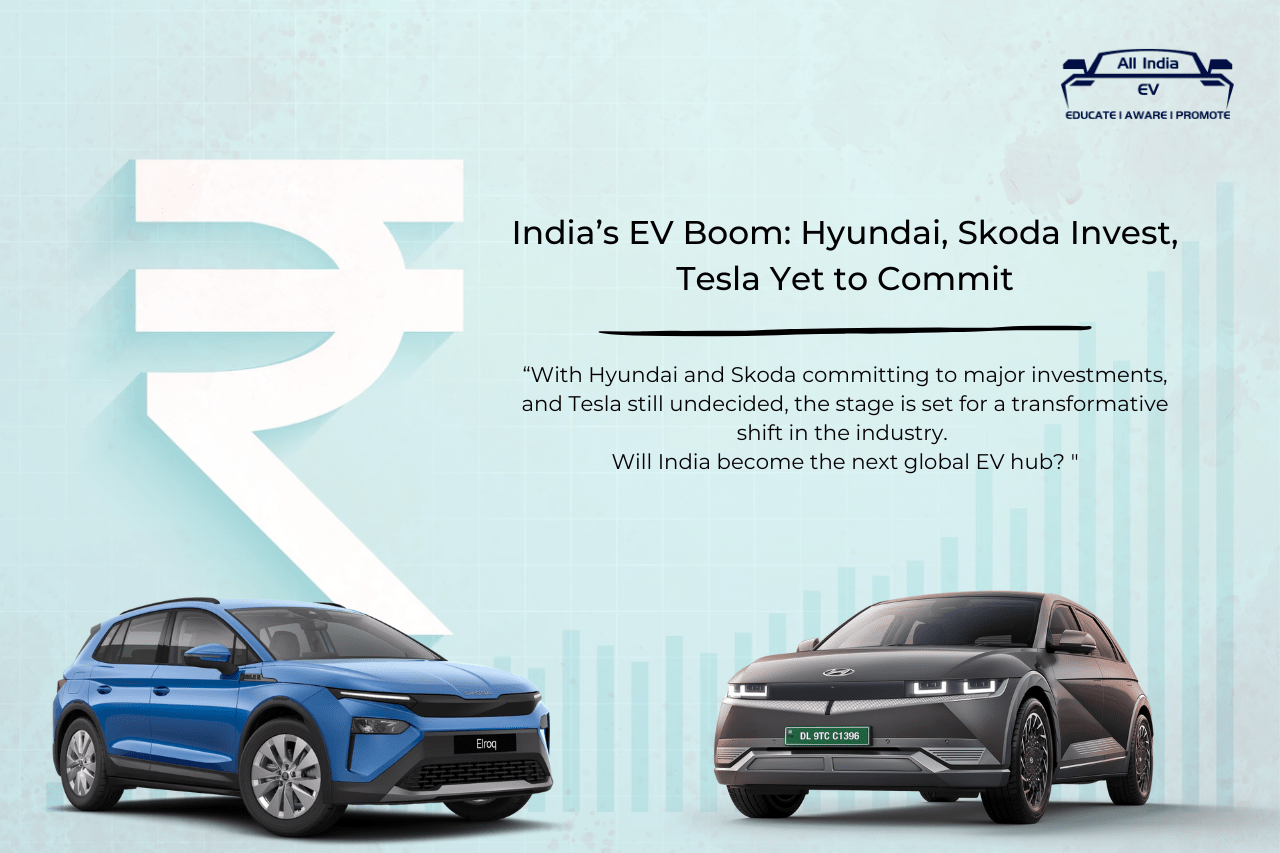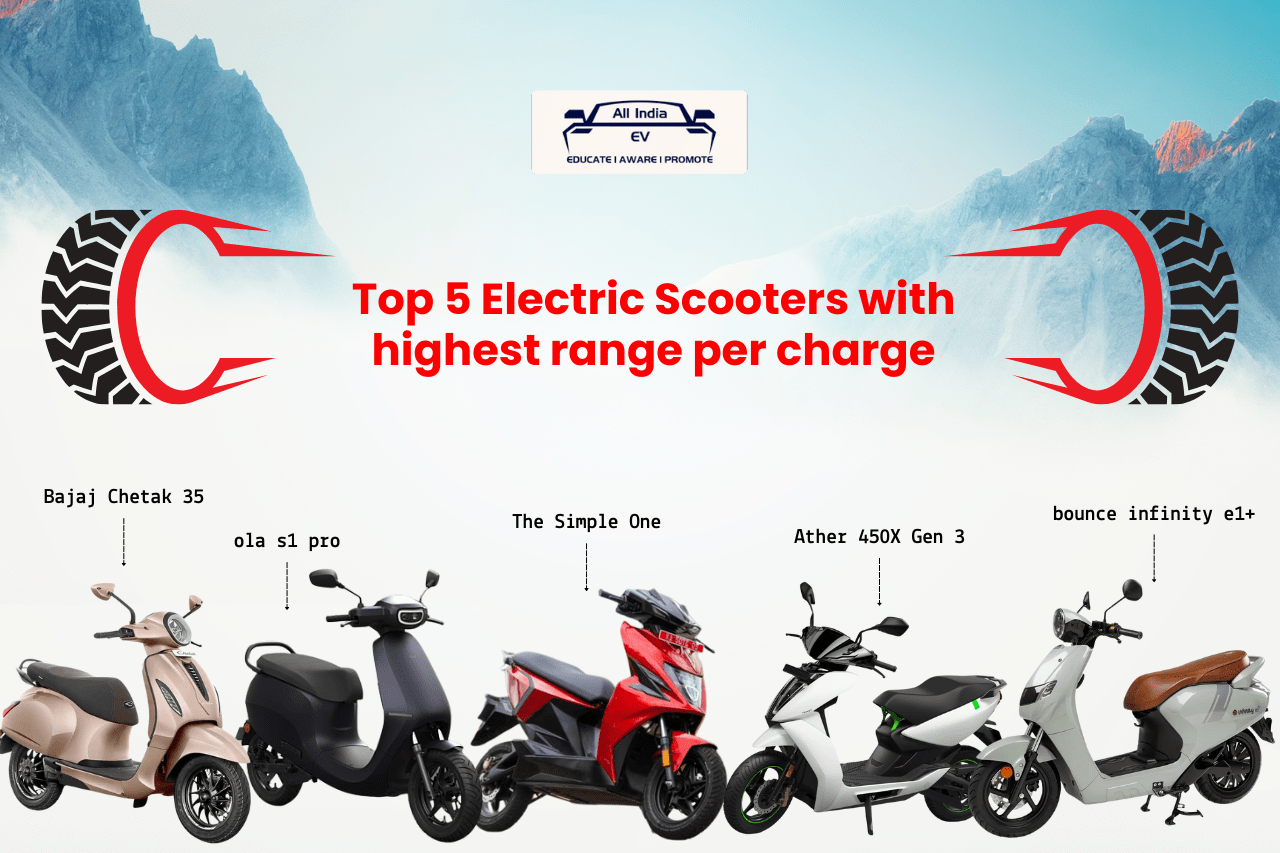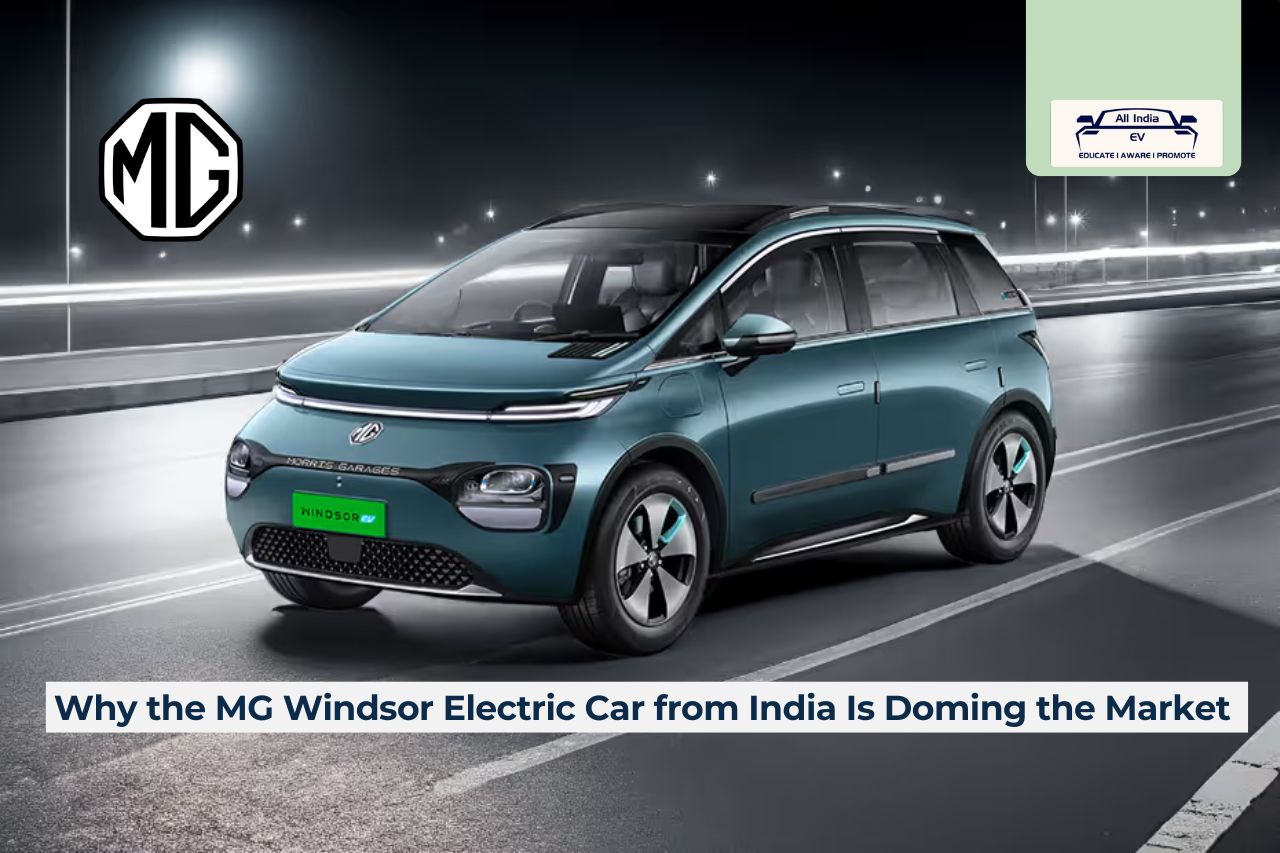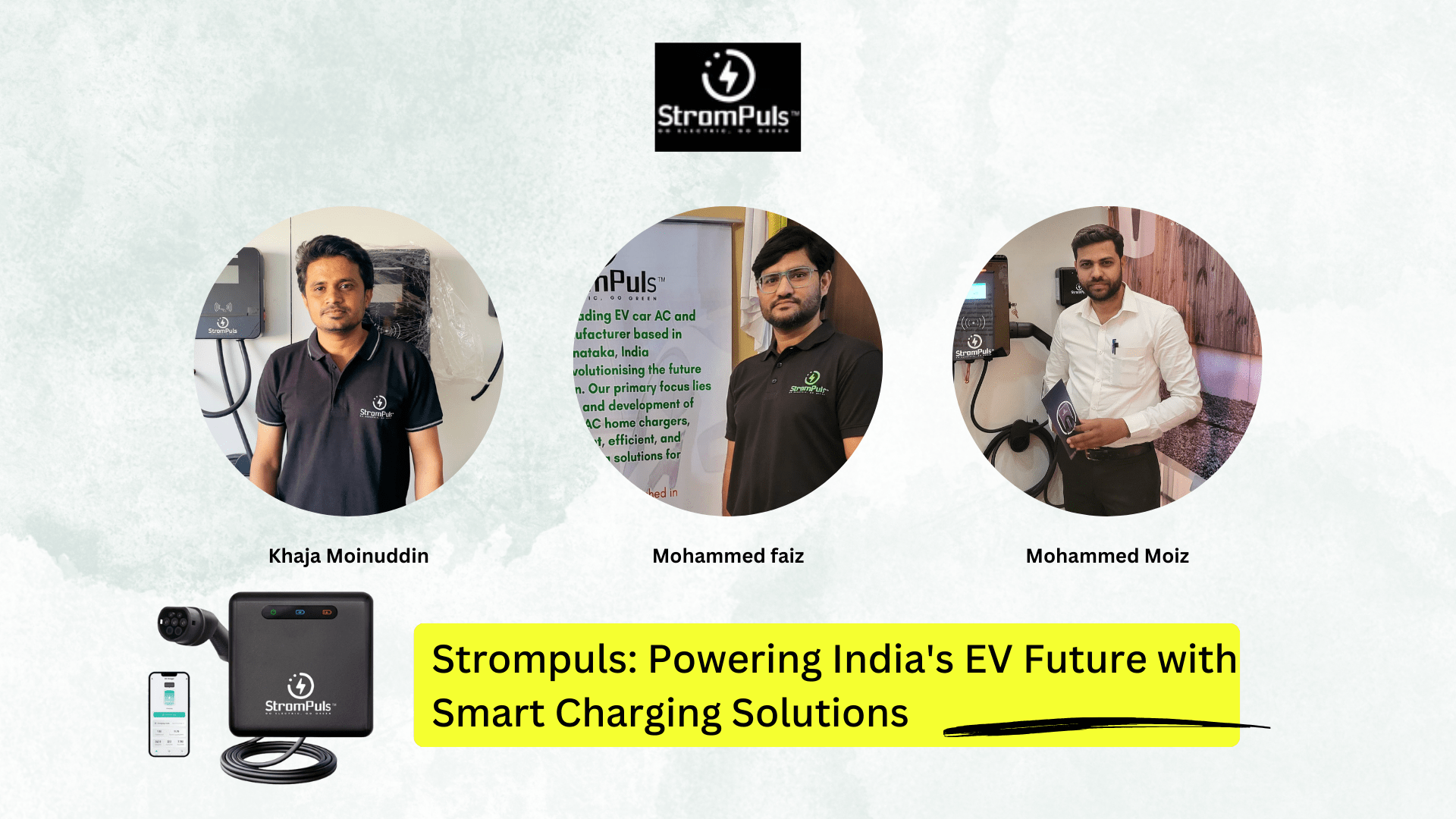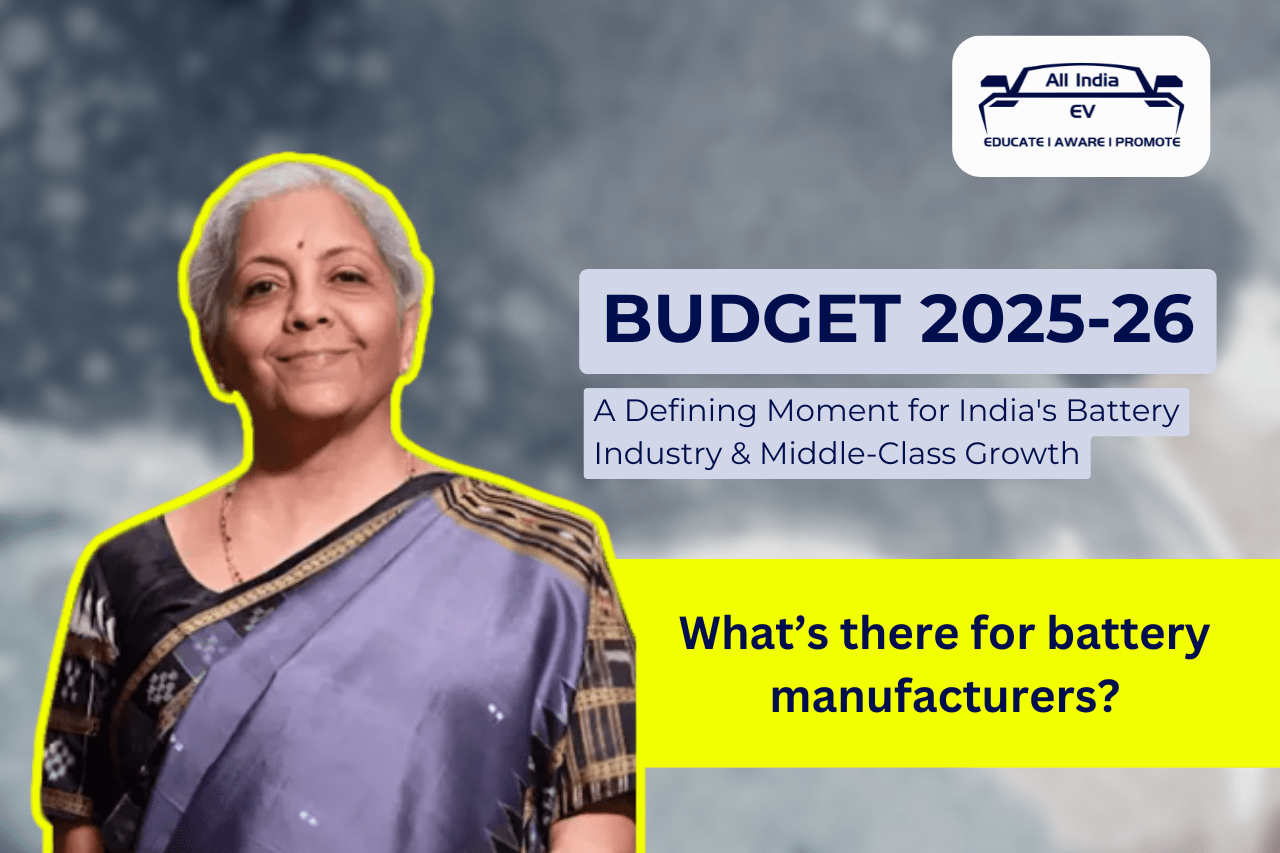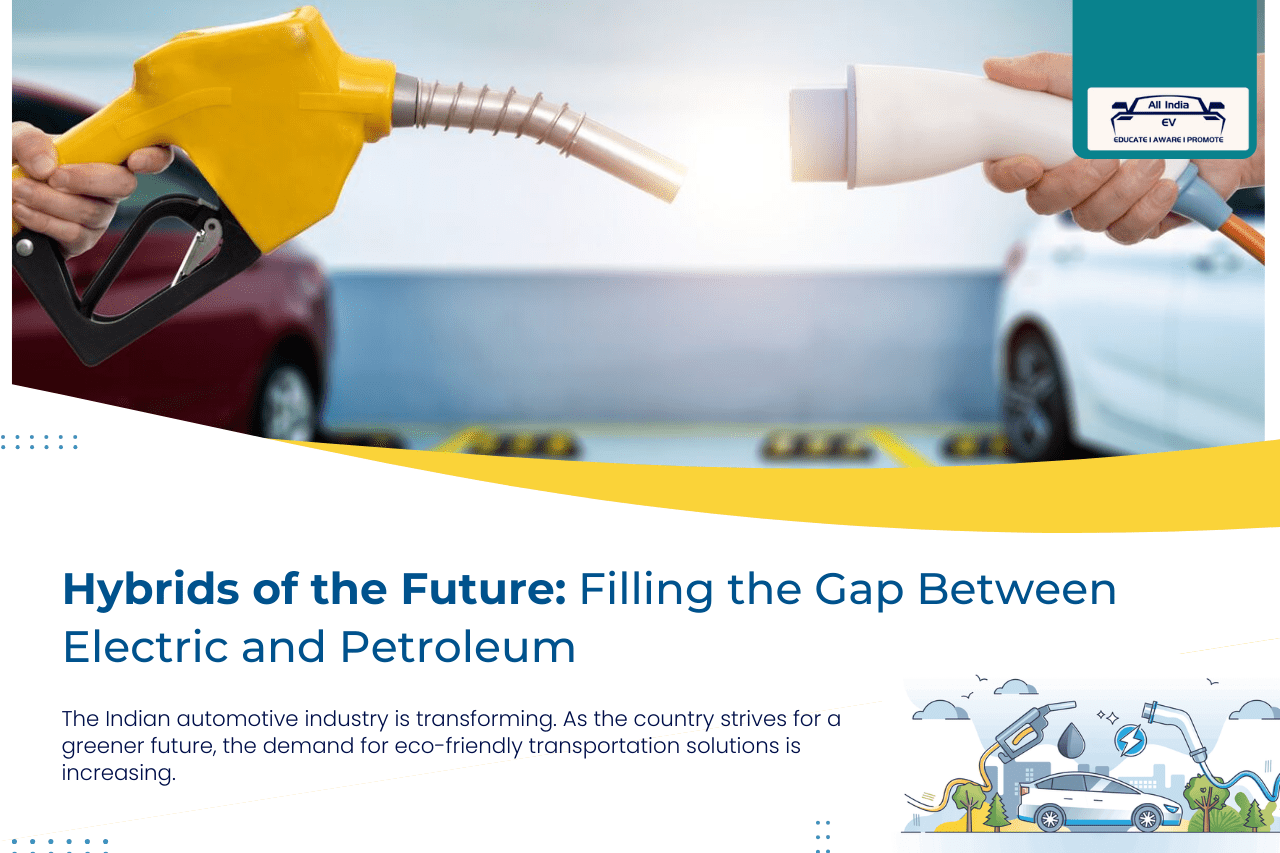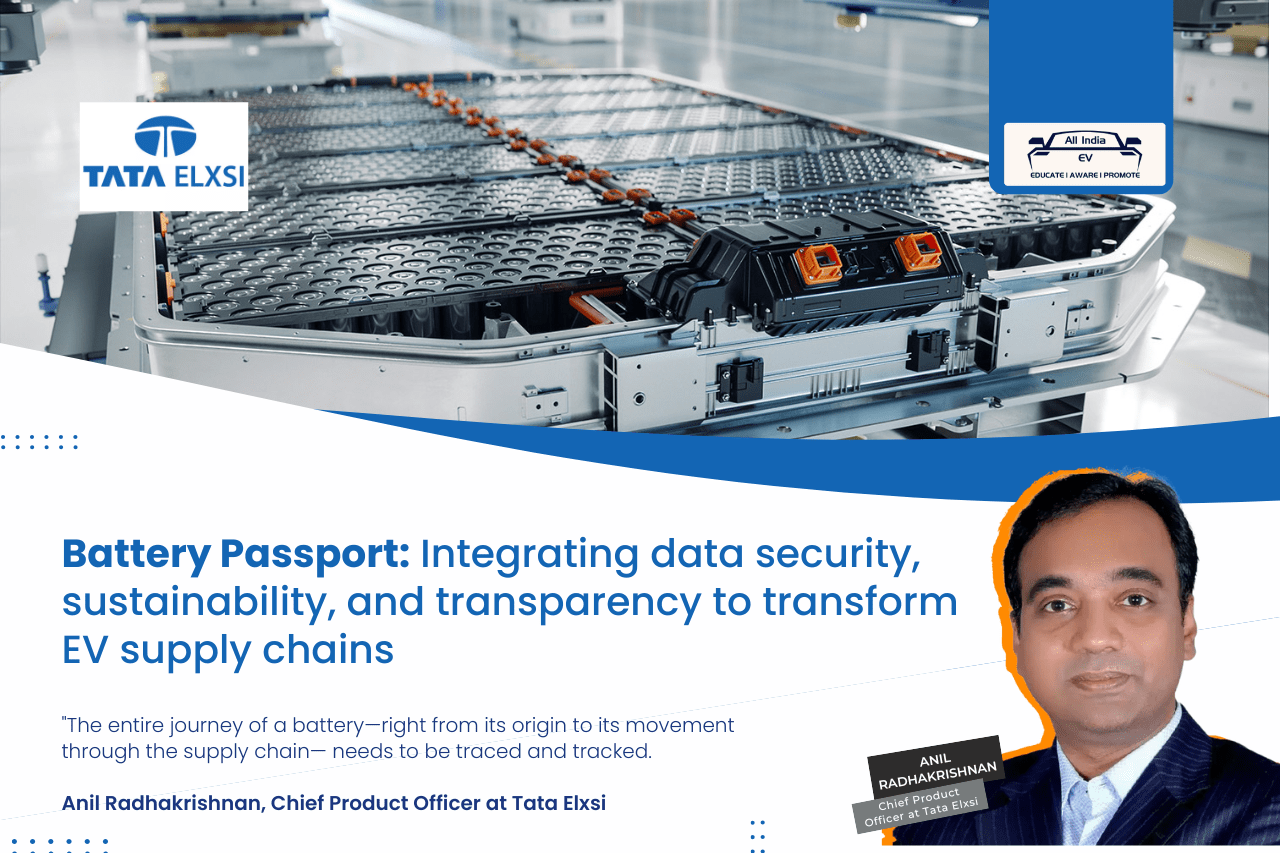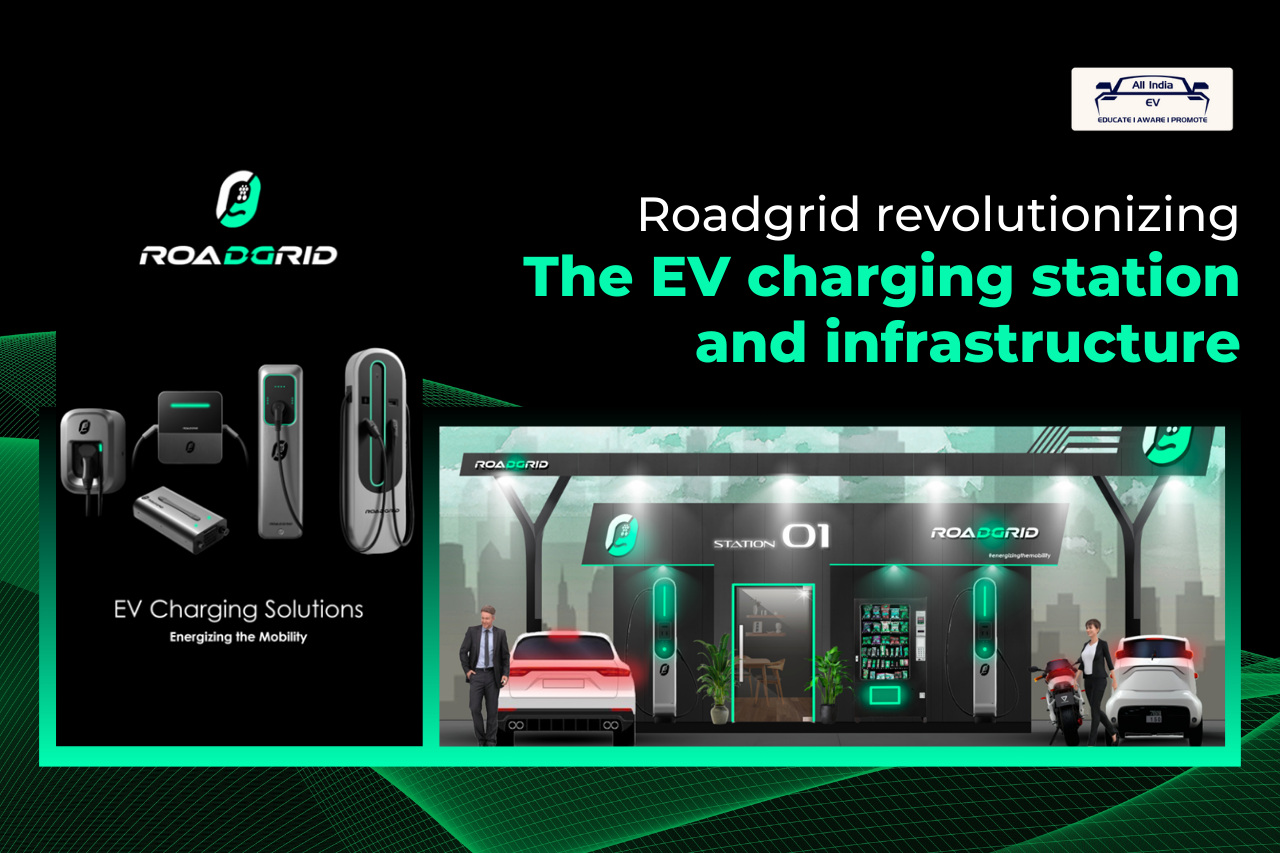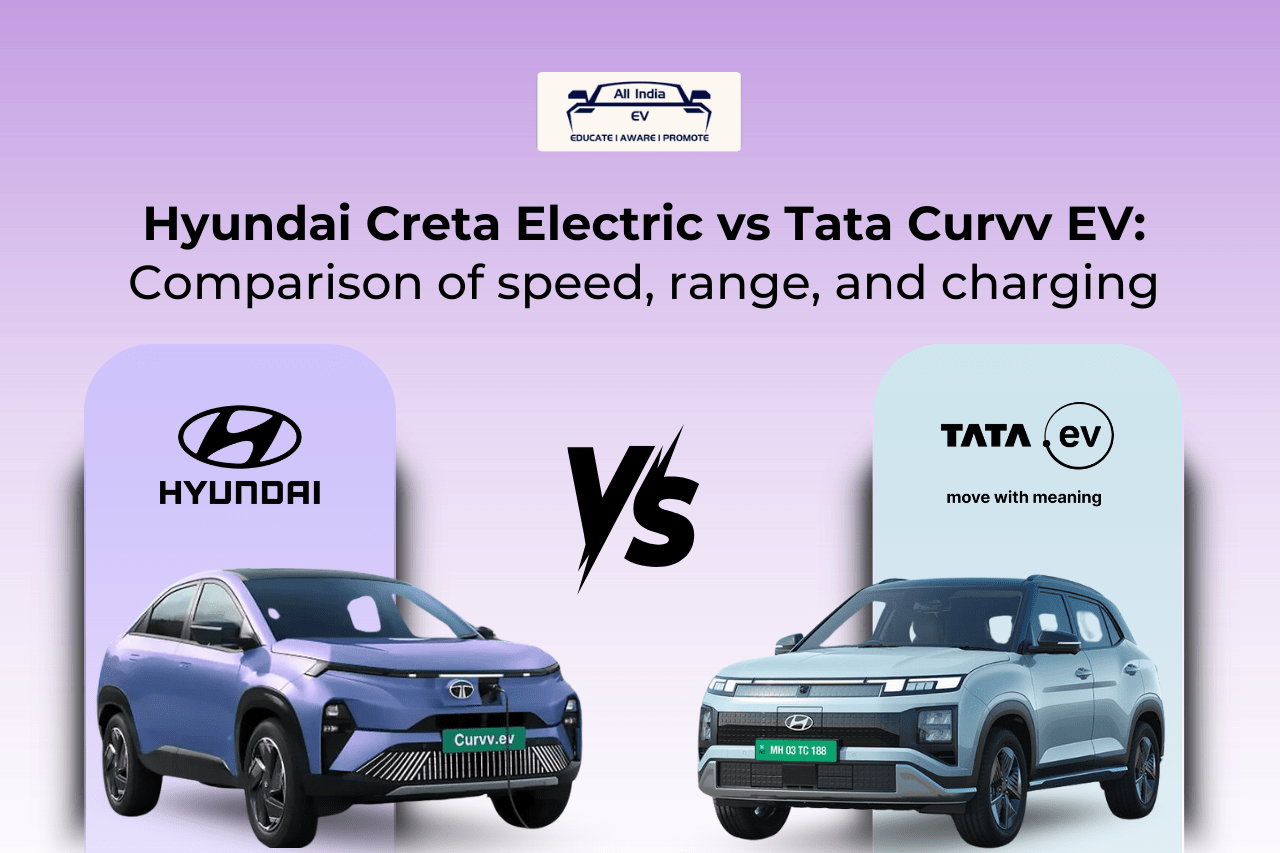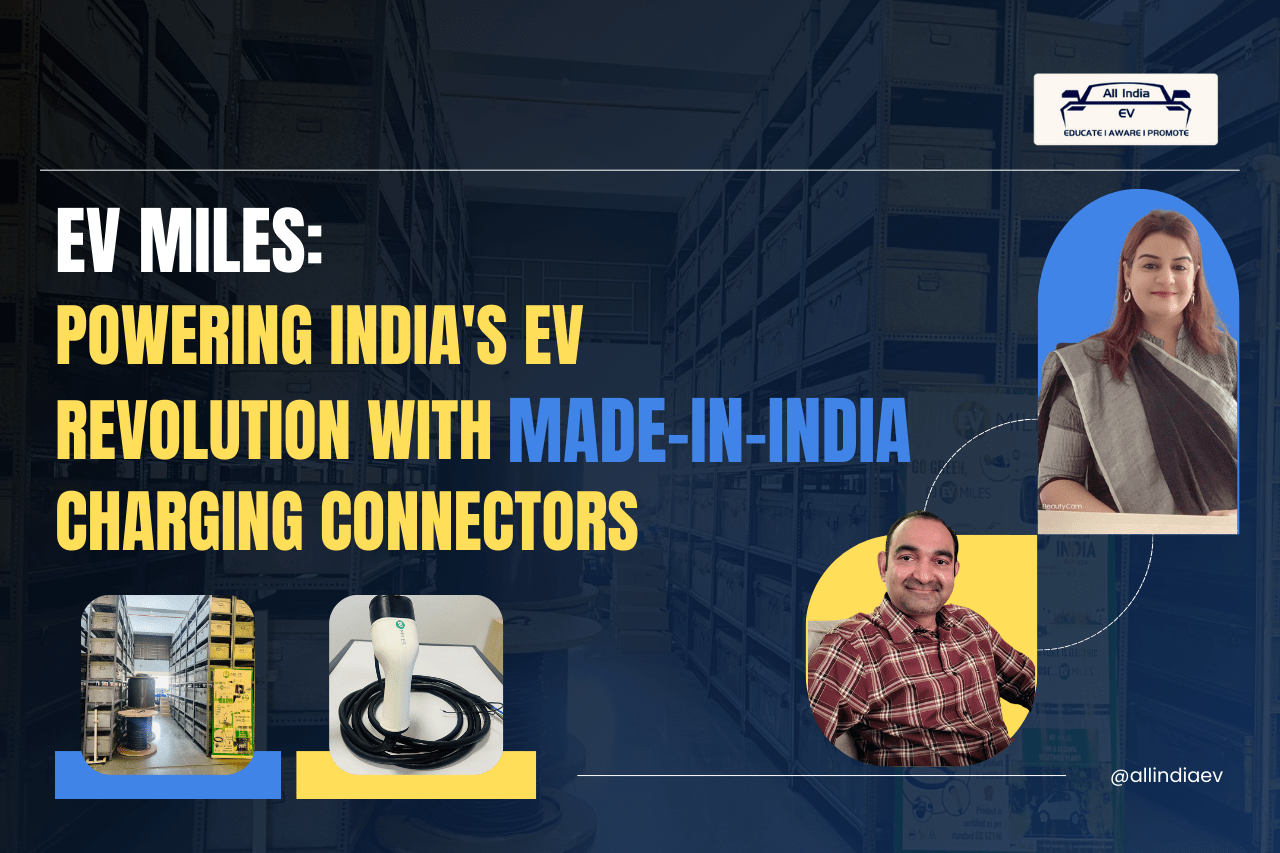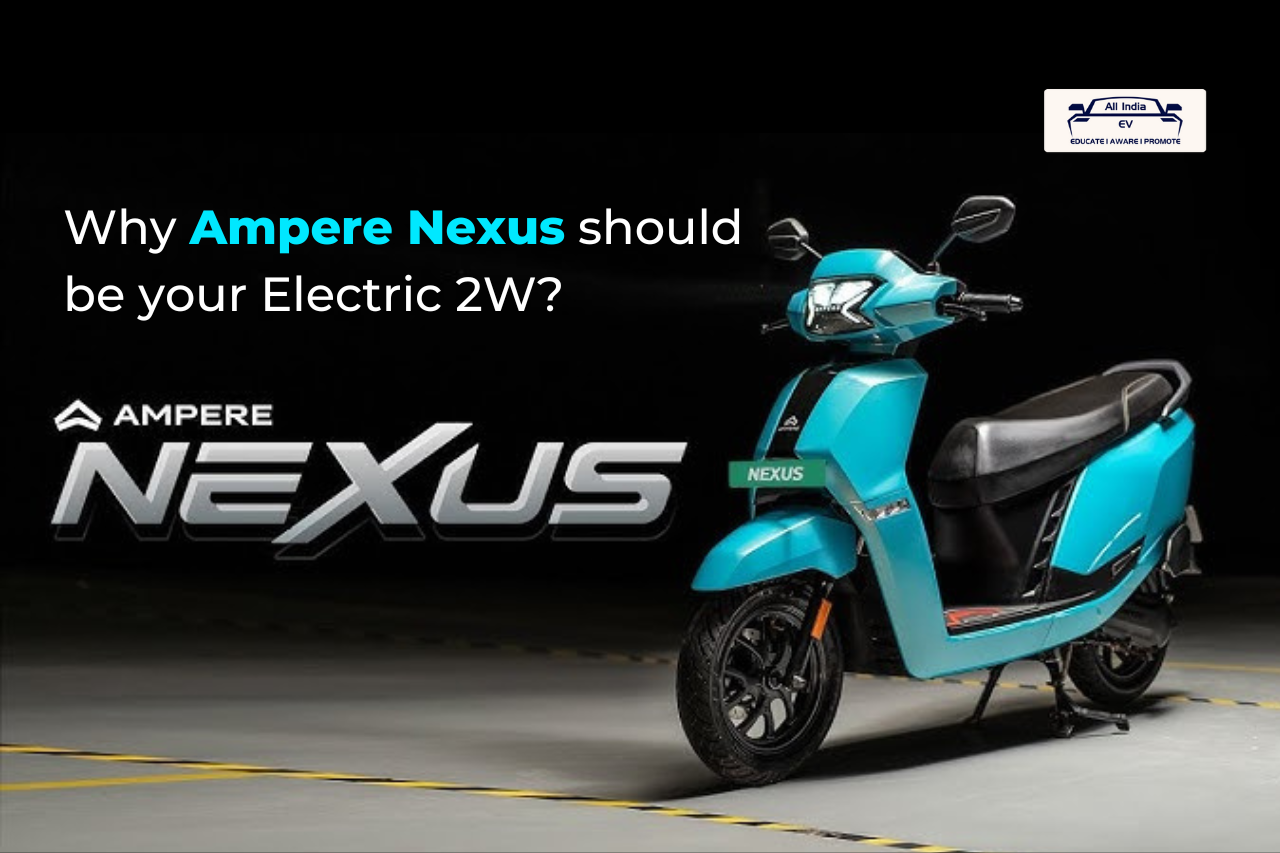
Hyundai, Skoda to Invest in Indian EV Market | Tesla Silent
India’s EV Boom: Hyundai, Skoda to Invest in Indian EV Market, Tesla Yet to Commit…
Top 5 Electric Scooters with highest range per charge
Top 5 Electric Scooters with highest range per charge The year 2024 witnessed a surge…
Semiconductors Powering the Next Big Leap in EVs
Semiconductors: Catalysts for the Next Leap in Electric Vehicles At All India EV, we continuously…
MG Windsor EV: A Market Disruptor
MG Windsor EV: A Market Disruptor in India’s EV Revolution – Our Market Research Insights…
Smart EV chargers by Stromplus
Strompuls: Powering India's EV Future with Smart Charging Solutions The electric vehicle revolution is accelerating…
What’s there for battery manufacturers in Budget 2025-26?
Budget 2025-26: A Defining Moment for India's Battery Industry & Middle-Class Growth The Union Budget…
Hybrid Cars in India Bridging the Gap Between Petrol & Electric Vehicles
Hybrid Cars in India Bridging the Gap Between Petrol & Electric Vehicles India's automotive landscape…
What is Battery Passport and why India needs it?
Battery Passport: Paving the Way for a Transparent, Sustainable, and Secure EV Supply Chain in…
RoadGrid Powering India’s EV Revolution
RoadGrid Powering India's EV Revolution, One Charger (and Coffee) at a Time India is racing…
Hyundai Creta EV vs Tata Curvv EV: Specs, Range & Features
Hyundai Creta EV vs Tata Curvv EV: Specs, Range & Features The Indian EV scene…
EV Miles bringing Made-in-India Charger connectors
Introducing EV Miles: Powering India's EV Revolution with Made-in-India Charger Connector At All India EV,…
Ampere Nexus the Ideal Electric Scooter for Indian Riders
Why Ampere Nexus Could Be the Ideal Electric Scooter for Indian Riders? So, you’re in…


